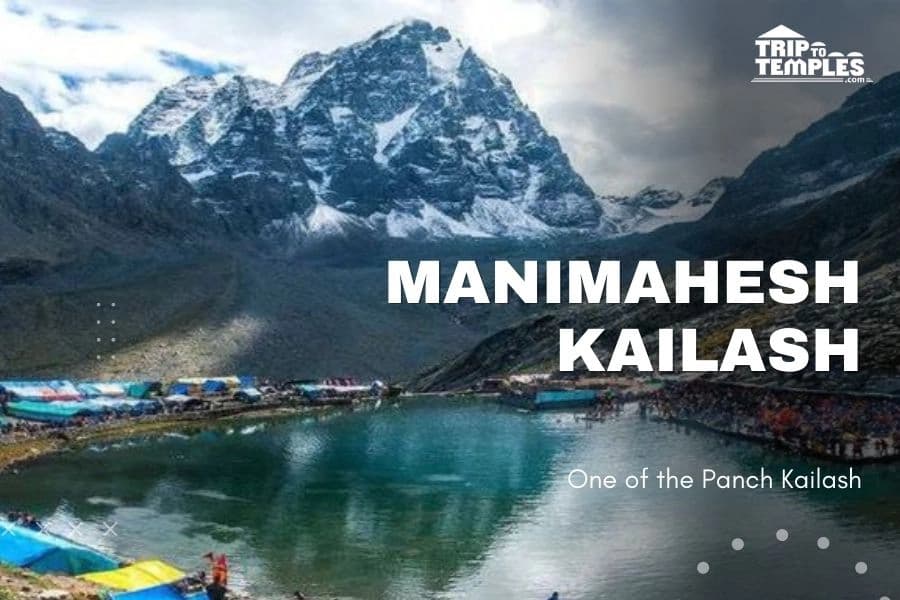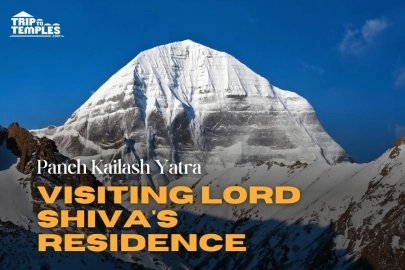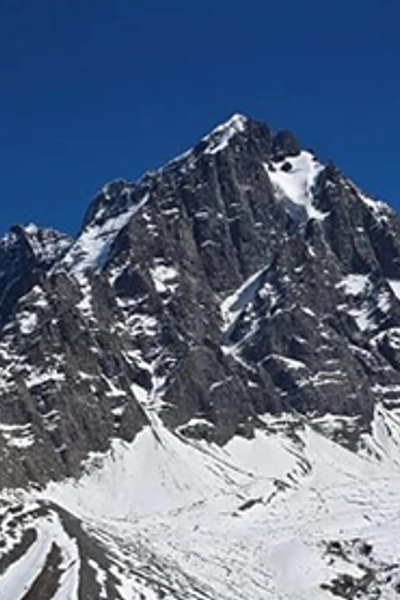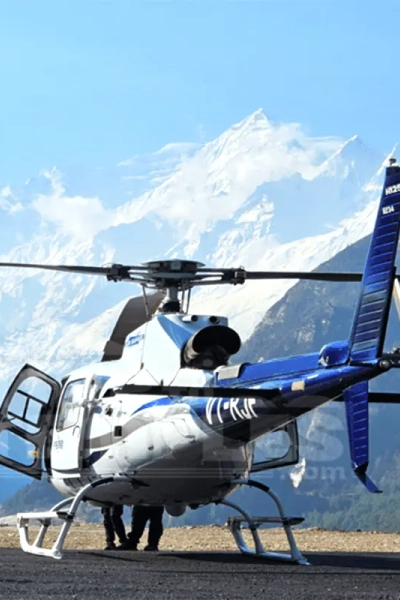Kailash Aerial Darshan 2026, 1st batch starts on the auspicious occasion of Mahashivratri. Seats are limited. Book your yatra now to avail the best offer. Kailash Mansarovar Yatra for 2026 starts in May. Dial +91 8510007751 for further queries and to book your yatra.Kailash Aerial Darshan 2026, 1st batch starts on the auspicious occasion of Mahashivratri. Seats are limited. Book your yatra now to avail the best offer. Kailash Mansarovar Yatra for 2026 starts in May. Dial +91 8510007751 for further queries and to book your yatra.
Mani Mahesh: One of the Panch Kailash
Frequently Asked Questions about
Mani Mahesh: One of the Panch Kailash
Related Blogs
Related Packages
Reach out to us
Have An Enquiry? Write To Us…
We Got Featured in the Media
What People Say About Us

Tour Resources
Trip To Temples Packages
Popular Destinations
© 2026 Trip To Temples. All Rights Reserved.
Design & Developed By : Divine Mantra Pvt Ltd








.webp?tr=w-400,h-600,f-webp)


















